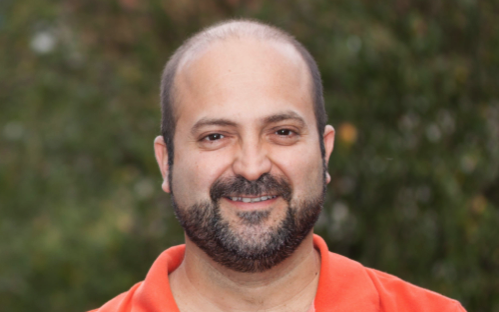The research of CI4CB focuses on the development of computational-intelligence methodologies, mainly derived from artificial intelligence and machine learning, and their application to real-world problems related with life sciences and biomedical engineering involving data analysis and predictive modelling. In particular, our group has strong expertise in grey-box models that combine high predictive power with high explanatory power, which has proven to be particularly important in clinical contexts. Indeed, these methods can define ‘human-manageable” rules (fuzzy or crisp rules) to classify the data, which can then be used to better understand the features underscoring the predictions, ensuring that the final tool is also adopted by the clinicians.
Our ongoing and recent activities are:
Prediction of phage-bacteria infection networks for personalized medicine
In this SNSF-funded project, in collaboration with Dr. Resch at UNIL and Dr. Que at Inselspital (BE), we are currently developing machine learning models of phage-bacteria interactions based on their genomes. The goal is to be able to build dynamic and comprehensive phage-bacteria infection networks, thereby enabling biologists and clinicians to efficiently select potential therapeutic phages against a pathogenic bacteria. More info here.
Development of a screening test for two viral infections – Immunoinformatics
In this European Eurostars-2 funded project, we are currently contributing with bioinformatics and machine learning expertise to discover and characterise the biomarkers that will be embedded in a screening test against two viral infections in fish. The tests will be developed by Bioscientia.pl and Biotem.fr. More info at http://www.fishguard-eurostars.eu or here.
Biomarker discovery – transcriptomics
We have been involved in several projects aimed at discovering biomarkers from transcriptomics data.
- For example, in an SNSF project, we used advanced machine learning methods to select and characterize a diagnostic biomarker pool enabling to accurately classify 18 subtypes of Leukemia (Uni. Geneva and HUG).
- We also had a successful CTI project where we developed a suite of data analysis and data management tools for discovering, developing, deploying, and exploiting biomarker-based diagnostic screening tests (Novigenix SA).
- More recently, together with the Swiss start-up (and spin-off of my group) SimplicityBio, we are investigating new methods to optimize the selection of biomarker panels by conceiving a set of, relatively elaborate, criteria and/or methods to better assess the relevance of individual biomarkers and panels based on the results of a very-high number of modelling runs.
Clinical models
In a FP7 European project (PharMEA), we provided quasi-real-time processing and model-based analysis of very large amounts of electrophysiological data. In a Nano-Tera.ch initiative, we also developed a method and conceived a tool for personalized (stratified) prediction of drug concentration in blood, allowing thus to adapt drug dosage to optimize disease treatment (EPFL, CHUV, and CSEM).
Previous projects include:
- Smart Building: Système de gestion énergétique des bâtiments basé sur des techniques d’intelligence artificielle
- PharMEA: Multi-Electrode Array technology based platform for industrial pharmacology and toxicology drug screening
- NAVMEDIA: Navigation and exploration of self-organized business media
- MyDeskPersonality: Moteur de personalité artificielle pour le robot-jouet Mydeskfriend
